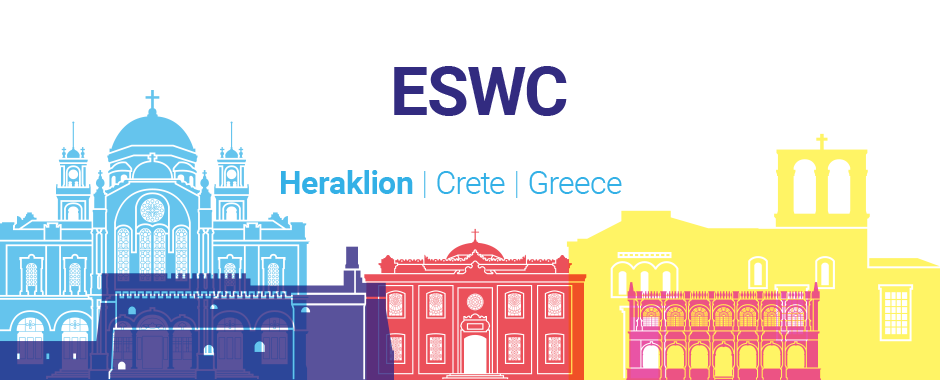Description
Research in and development of Natural Language Processing (NLP) and Information Retrieval (IR) approaches, methods and techniques has been key for the Semantic Web. The synergy between these research fields established novel approaches for entity linking, knowledge mining, and knowledge graph construction, and ontology learning and population, among other core Semantic Web tasks. This track invites high quality submissions that show how NLP and IR methods and techniques can be applied to develop and improve Semantic Web methods, or how Semantic Web technologies and resources can be used to enhance NLP and/or IR methods.
Negative Results
As a new theme in 2021, ESWC also encourages the submission of negative results papers, which we also encourage in this track. Specific instructions for negative results papers can be found here.
Topics of Interest
Topics of interest include, but are not limited to
- Language resources, corpora building and annotation languages for the Semantic Web
- Lexical semantics for the Semantic Web
- NL-based representations and knowledge systems using Semantic Web languages
- Information and knowledge extraction (e.g., taxonomy learning, ontology learning, knowledge graph learning) from text
- Use of knowledge graphs and ontologies for NLP
- Natural language understanding and the Semantic Web
- Semantic search and exploratory search
- Semantic similarity metrics and analogy
- Natural language text generation from knowledge graphs and ontologies
- Text analytics for the Internet of Things
- Learning from Big Data for web-scale knowledge graphs
- Ontology population through NLP and IR methods
- Learning Analytics Knowledge
- Dialogue systems for the Semantic Web
- Combining NL and Semantic Web in learning environments
- Applications of Semantic Web and NLP for other disciplines, such as digital humanities, intelligent tutoring, social sciences
Delineation from Other Tracks
- Submissions to this track typically propose novel methods that make use of natural language data, possibly in combination with Semantic Web data (e.g., knowledge graphs), and/or have a focus on users and the satisfaction of their information needs.
- Demonstrations of existing NLP and IR methods in practical settings may be a better fit for the In-Use or Industry track.
- Descriptions of datasets and benchmarks related to NLP and IR that could be reused by the broader Semantic Web community should be reported as part of the Resources Track.
Submission
Information on deadlines and submission formats can be found here.
Track Chairs
- Klaus Berberich, Saarland University of Applied Sciences, Germany
- Ziqi Zhang, the University of Sheffield, UK
